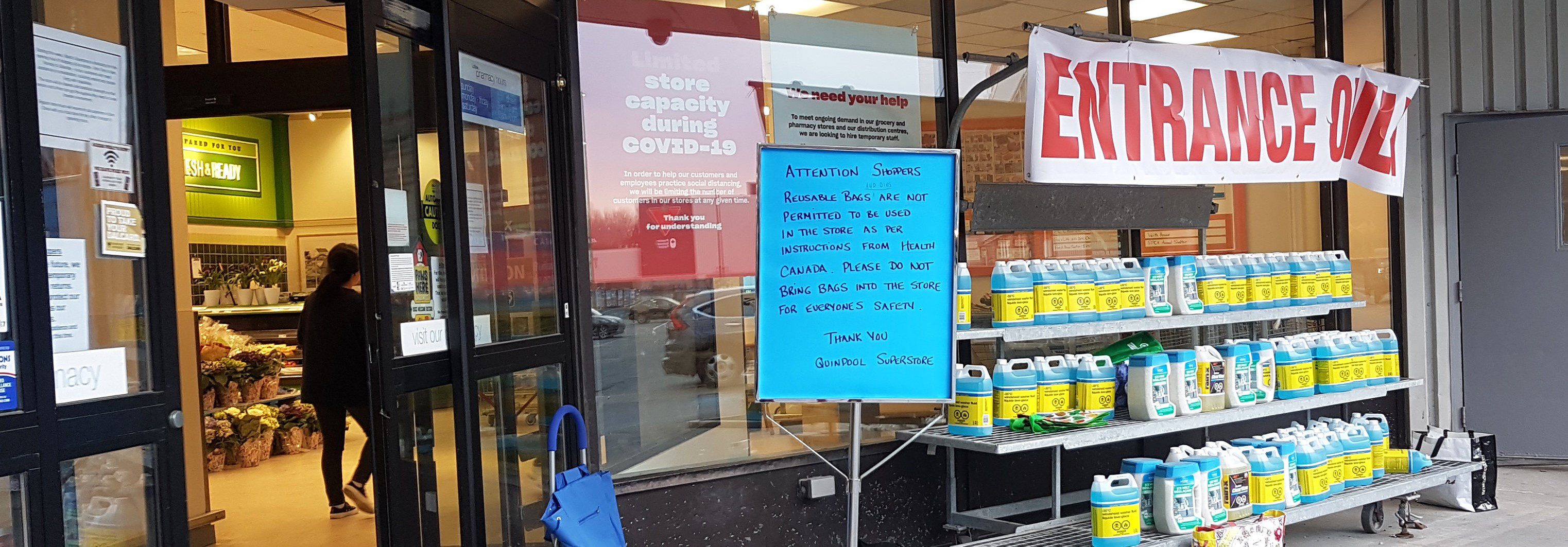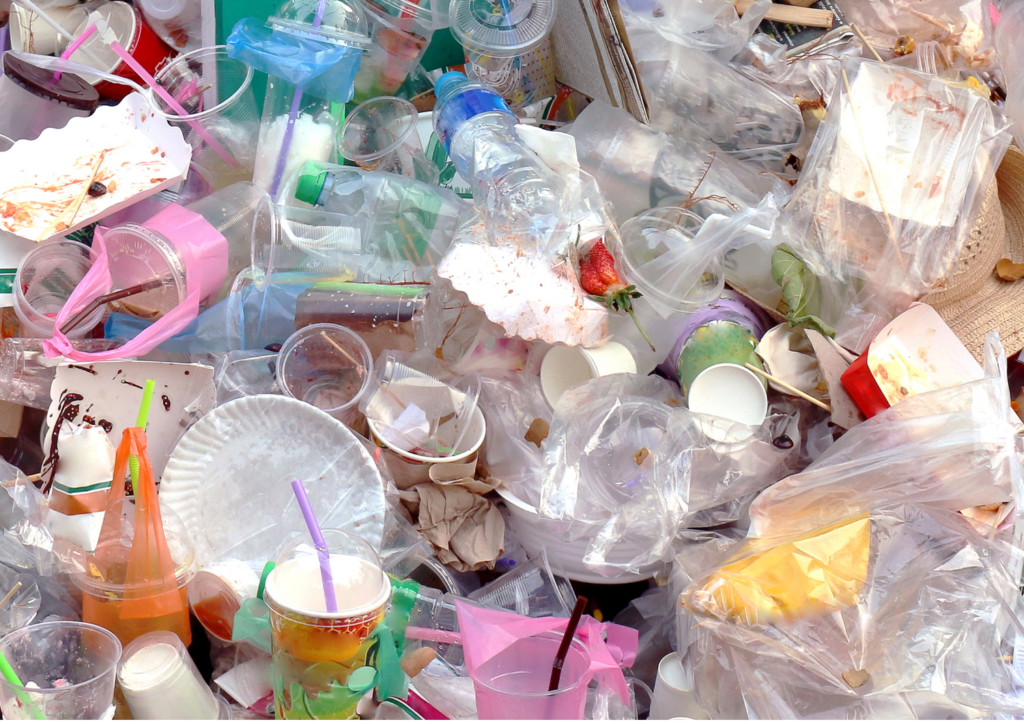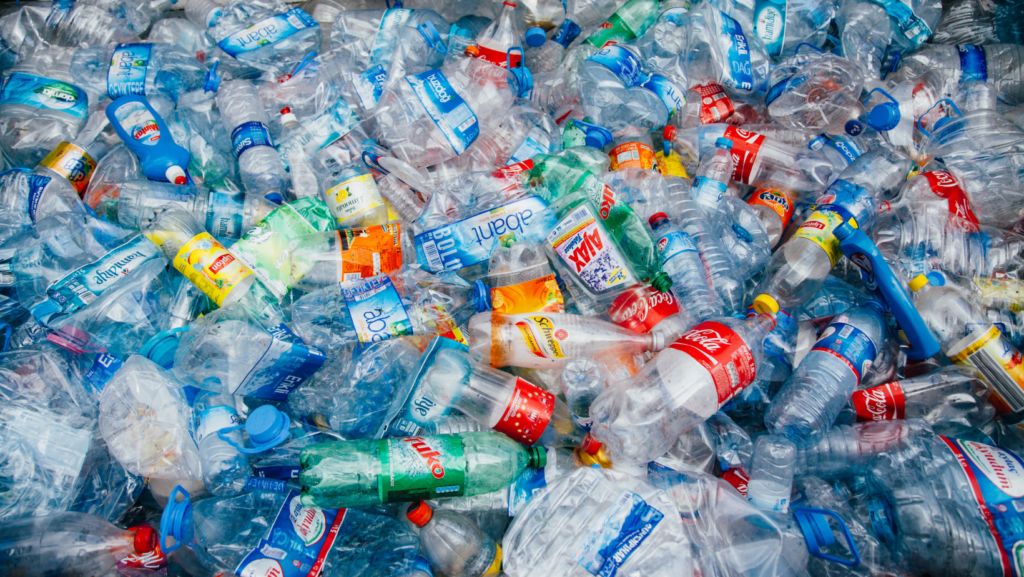This week, a statement from over 100 epidemiologists, virologists, and other medical experts confirmed it: disposable plastics aren‘t safer than reusables. Just make sure you’re following basic hygiene practices. So—wash your hands, wash your mugs, and wash your reusable bags. Repeat.
We’ve been forced to use more single-use plastic
Over the last several months, we’ve seen an uptick in single-use plastic consumption. Some grocery stores have refused to allow customers to bring their own reusable bags. Others have stopped charging customers for disposable plastic bags, making it easier for people to take bags they don’t need or would otherwise refuse. Personal story: in early April, a well-meaning grocery clerk literally threw a pile of (unwanted) plastic bags at me as I was packing up my bread flour and dried chickpeas.
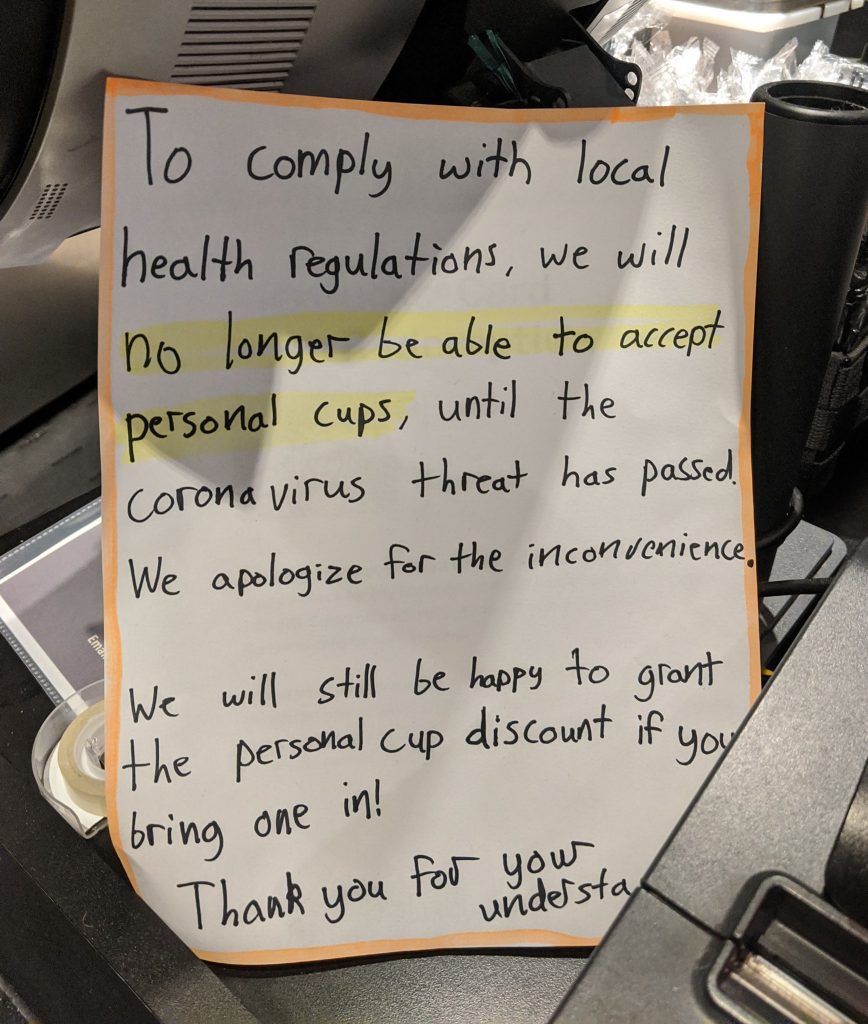
Surprise, surprise. The plastics industry wants you to use more plastic.
We know the plastic industry has been using the pandemic to push a pro-plastic agenda. Only one week after the WHO declared COVID-19 a pandemic, the American Plastics Industry Association called on U.S. officials to publicly praise the usefulness of single-use plastics during the pandemic and speak-out against plastic bag bans. Meanwhile, here in Canada, the chemical industry has been lobbying to block federal action on plastics.
But this week’s statement from health experts marks a turning point in the narrative around plastics during the COVID-19 pandemic.
Here’s what you need to know

- Disposable products aren’t safer.
- You can easily clean reusable products using soap, hot water and disinfectant. And that’s enough to kill the coronavirus.
- Just like before the pandemic, proper handling of reusable containers in retail spaces is essential.
- It’s thought that the virus primarily spreads from person-to-person, not from surface contact.
Making a case for less plastic is easy
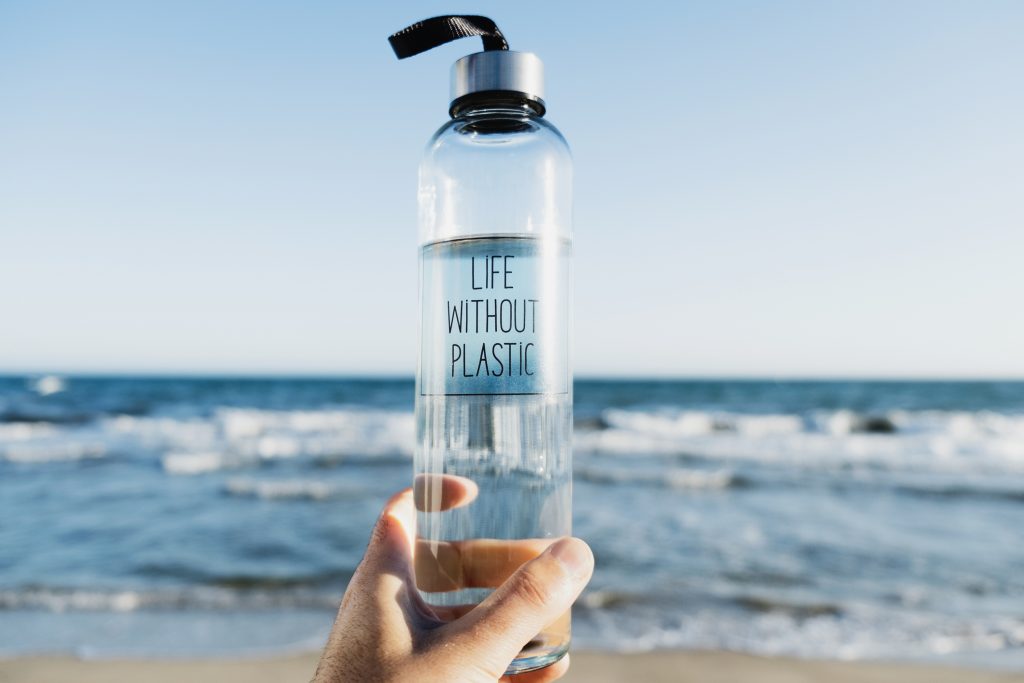
The fact is plastics harm people and the environment. And being in a pandemic doesn’t give us a free pass to make other crises worse. Plastics kill and injure wildlife, are made from petrochemicals (i.e. contribute to climate change), and when disposed of inappropriately release toxic substances into the air, water and soil. Now, more than ever, we need to shift away from unnecessarily throwaway plastics.
So go on. Shop at stores that allow you to bring your own reusable bags, refuse that disposable plastic-lined coffee cup, and say “no” to that wholly unnecessary single-use plastic cutlery set. The pandemic is no longer an excuse to delay or roll back hard-fought and much-needed action on single-use plastics. If you agree, tell Minister Wilkinson that action on plastic can’t wait.



